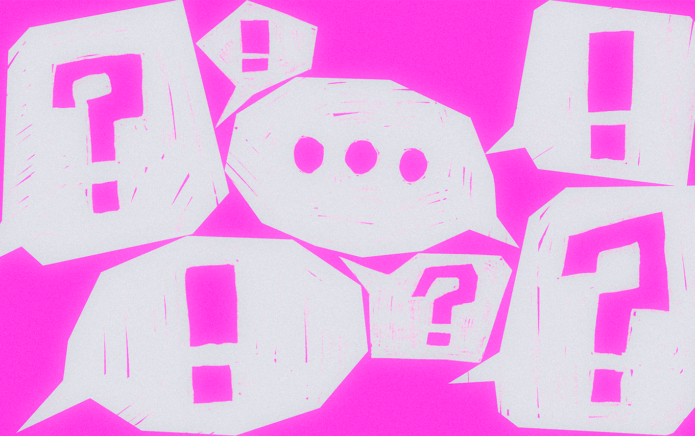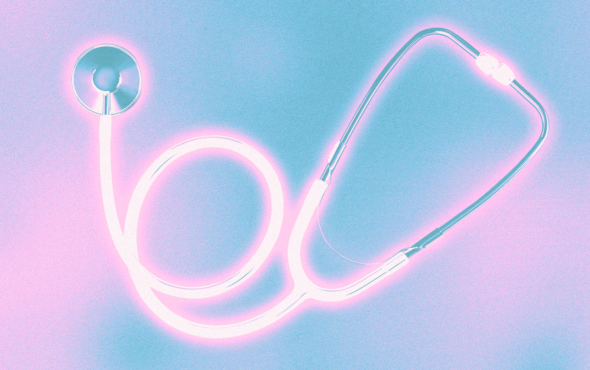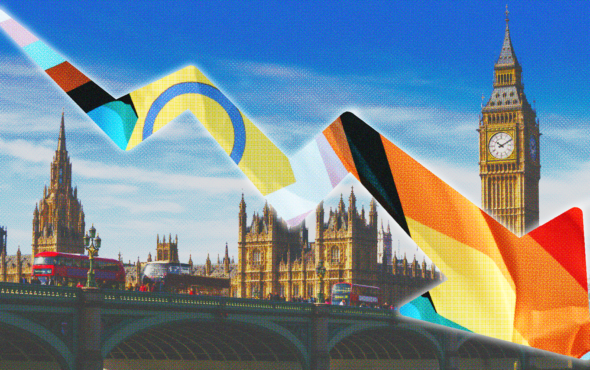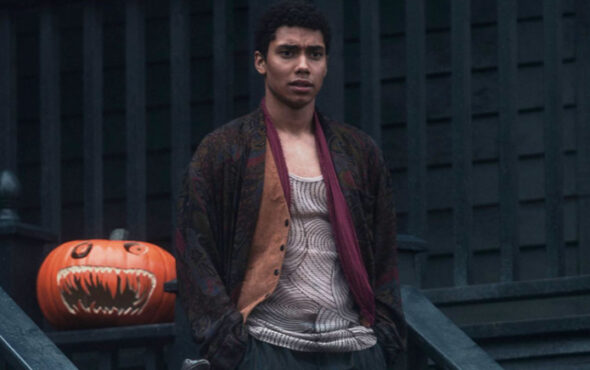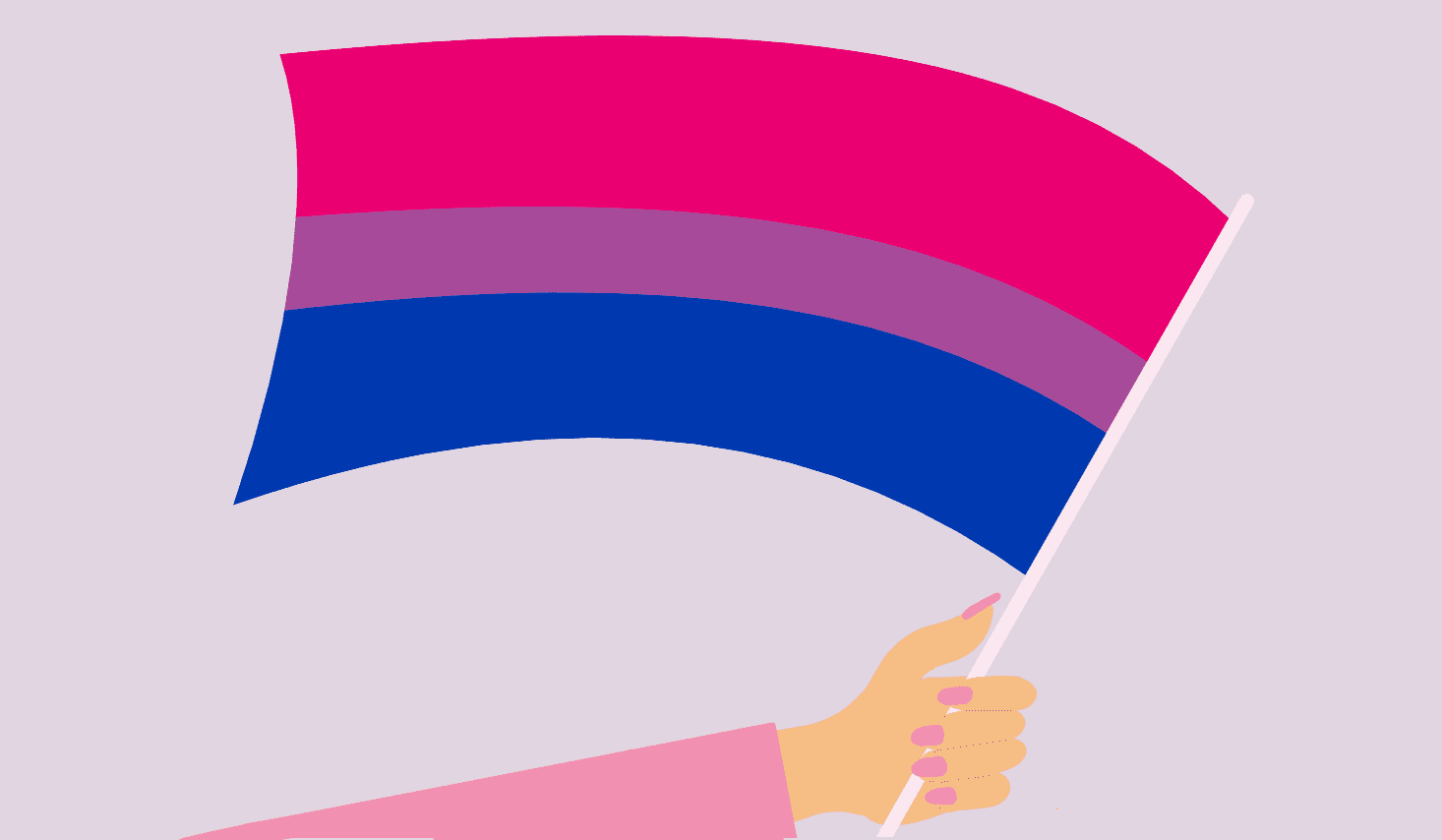
International Day Against Homophobia, Biphobia and Transphobia is bittersweet for me. I appreciate that awareness of the discrimination our communities face is being raised, however I can’t help but reflect on the biphobia I’ve experienced and the consequences of such abuse.
I still struggle to fully accept my bisexual identity at times. I still feel apprehensive about meeting new people or being in new situations because of prior negative experiences.
I became aware of the potential backlash of my bisexuality when I started high school. Before then, in hindsight, I had already started experiencing crushes on girls as well as boys, but I had no exposure to or knowledge of LGBTQ+ people.
I had no idea if what I felt was ‘wrong’ or ‘normal’, but I did know that I never saw any films or read any books with characters like me, and that I had never met someone who also expressed feelings of non-heterosexuality.
Going to a Catholic high school in Scotland (most of the years were prior to same-sex marriage legalisation), a lot of the biphobia I experienced started in school. I vividly remember being in a class taught by the deputy headteacher, and her matter-of-factly stating that she did not think same-sex marriage should be legalised because it was immoral.
In that moment I no longer felt safe at school – what if my friends or other pupils thought the same thing? I was too scared to look around at others or show an outward reaction in case someone used it to ‘out’ me. I didn’t know if I would be bullied, and if I was, whether there were any staff members who would be sympathetic.
Unfortunately, research by Just Like Us confirms my concerns. Only 58% of LGBTQ+ pupils feel safe at school, and those that have come out are actually much more likely to be bullied than those that are not out (the figure doubles for biphobic bullying from 14% to 28% of pupils).
So I didn’t tell anyone until I left high school, and that’s when I started experiencing biphobia more directly.
I was repeatedly told by strangers and (former) friends that I was just confused, experimenting, or going through a ‘phase’. I knew myself and who I was, but everyone insisted I was wrong.
They said I couldn’t possibly know, that I was too young, or that I just had to meet a ‘nice boy’ and then it would stop.
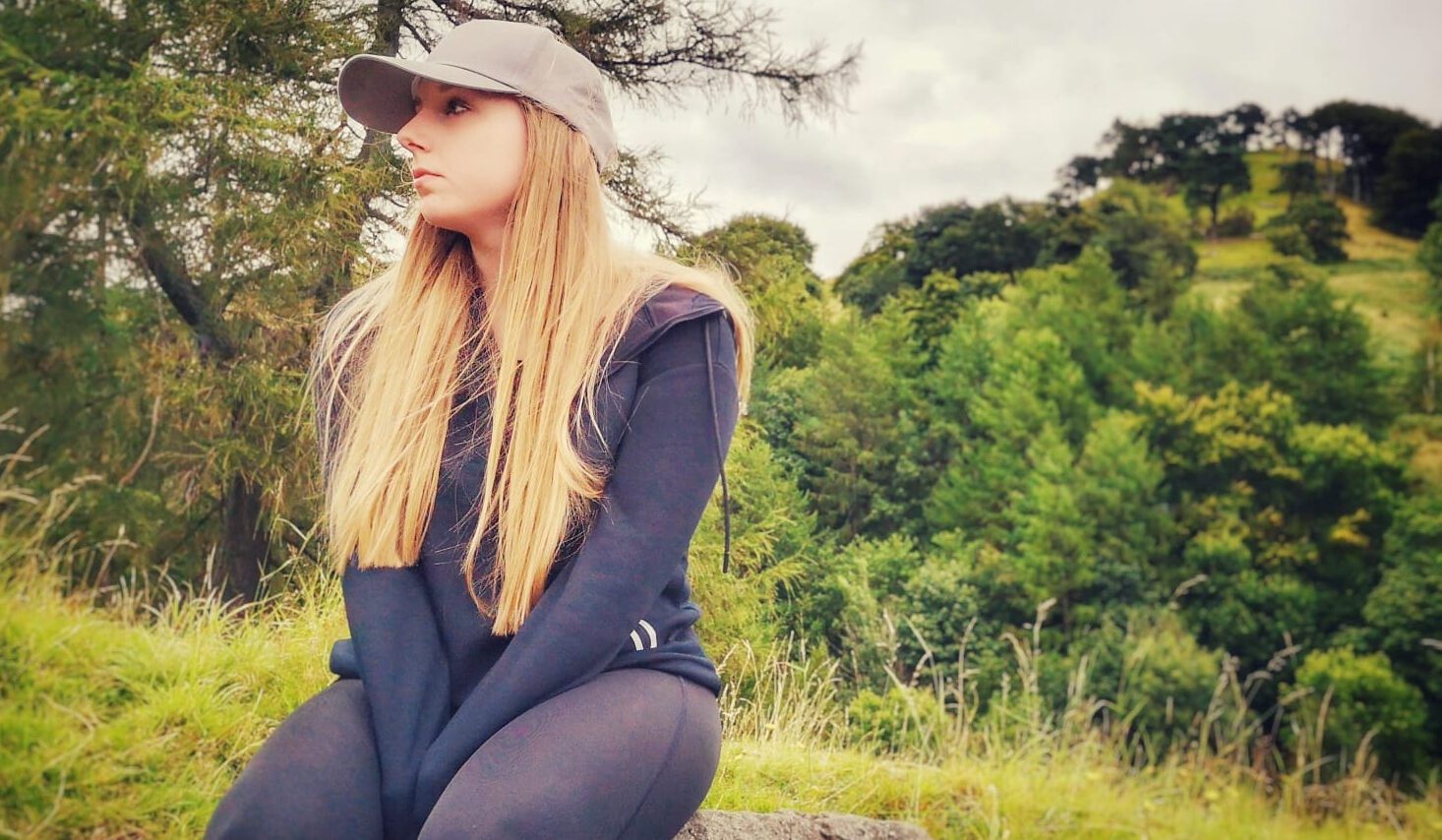
My frustration grew and when I tried standing my ground, the insults got worse. They projected all the classic biphobic stereotypes onto me, claiming that I just wanted attention, I was promiscuous and would sleep with anyone, and that I was unfaithful.
Straight men would, in the same breath, call me a ‘slut’ and then ask to film me kissing their girlfriend/female friend. An ex-partner (a straight man) routinely called me derogatory homophobic and biphobic slurs.
Even GPs and nurses asked inappropriate questions. I thought I could never be safe or accepted by anyone purely because of my sexual orientation.
As a bisexual woman, I was routinely shamed and sexualised. It didn’t make any sense to me, yet at the time I felt ashamed to be bisexual because of these reactions.
My turning point was at a house party around four years ago when I met someone who I found out was non-binary and a lesbian.
I told them about my experiences and my struggles to come to terms with my sexuality. They held my hands, looked me in the eyes, and said, “You are valid, I accept you for who you are”.
That was the first time I had encountered brazen positivity and the walls that biphobia had built up around me started breaking down. I was a little less scared to be me, and I finally had hope that people would accept me.
But first, I worked on accepting myself. It took a while to confront and move on from the lingering insults and abuse I had suffered for years. But I did it, and now I am out and proud, and unapologetically bisexual.
I am now an ambassador for the LGBTQ+ young people’s charity, Just Like Us, and empower young people to be themselves and be allies to the community. I have supportive friends and a loving partner. But most importantly, I am me and I am proud, and I will never let any biphobia take that away from me again.
Darci is a volunteer with Just Like Us, the LGBTQ+ young people’s charity.
